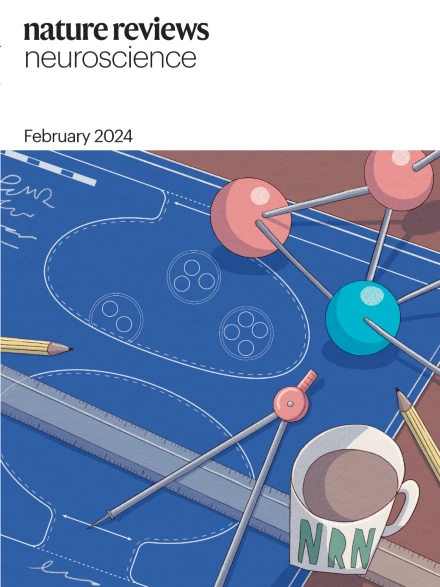TYK2:风湿病的新兴治疗靶点
IF 29.4
1区 医学
Q1 RHEUMATOLOGY
引用次数: 0
摘要
酪氨酸激酶 2(TYK2)是细胞内信号分子 JAK 激酶家族的成员。通过参与 I 型干扰素、IL-12、IL-23 和 IL-10 下游的信号通路,TYK2 与 JAK1、JAK2 和 JAK3 触发了一系列不同的免疫事件。TYK2 多态性与各种风湿病的易感性有关,包括系统性红斑狼疮和皮肌炎。体外和动物研究证实了这些发现,并强调了 TYK2 在目前通过 TYK2 发出信号的细胞因子拮抗剂治疗的疾病中的作用。目前已在人类疾病中研究了多种 TYK2 抑制剂,其中一种抑制剂 deucravacitinib 已被批准用于治疗银屑病。在治疗银屑病关节炎和系统性红斑狼疮方面,deucravacitinib 的 II 期试验也取得了积极成果,其初步安全性似乎与 JAK1、JAK2 和 JAK3 抑制剂不同。另外两种 TYK2 抑制剂 brepocitinib 和 ropsacitinib 也处于早期临床试验阶段。总之,TYK2 抑制剂有望治疗一系列不同的自身免疫性疾病,并可能具有不同于其他 JAK 抑制剂的安全性。本文章由计算机程序翻译,如有差异,请以英文原文为准。


TYK2: an emerging therapeutic target in rheumatic disease
Tyrosine kinase 2 (TYK2) is a member of the JAK kinase family of intracellular signalling molecules. By participating in signalling pathways downstream of type I interferons, IL-12, IL-23 and IL-10, TYK2 elicits a distinct set of immune events to JAK1, JAK2 and JAK3. TYK2 polymorphisms have been associated with susceptibility to various rheumatic diseases including systemic lupus erythematosus and dermatomyositis. In vitro and animal studies substantiate these findings, highlighting a role for TYK2 in diseases currently managed by antagonists of cytokines that signal through TYK2. Various inhibitors of TYK2 have now been studied in human disease, and one of these inhibitors, deucravacitinib, has now been approved for the treatment of psoriasis. Phase II trials of deucravacitinib have also reported positive results in the treatment of psoriatic arthritis and systemic lupus erythematosus, with a preliminary safety profile that seems to differ from that of the JAK1, JAK2 and JAK3 inhibitors. Two other inhibitors of TYK2, brepocitinib and ropsacitinib, are also in earlier stages of clinical trials. Overall, TYK2 inhibitors hold promise for the treatment of a distinct spectrum of autoimmune diseases and could potentially have a safety profile that differs from other JAK inhibitors. Tyrosine kinase 2 (TYK2), a Janus kinase family member, is involved in immune signalling and is implicated in autoimmune diseases such as systemic lupus erythematosus; inhibitors of TYK2 show promise in treating various diseases and potentially offer advantages over other Janus kinase inhibitors.
求助全文
通过发布文献求助,成功后即可免费获取论文全文。
去求助
来源期刊

Nature Reviews Rheumatology
医学-风湿病学
CiteScore
29.90
自引率
0.90%
发文量
137
审稿时长
6-12 weeks
期刊介绍:
Nature Reviews Rheumatology is part of the Nature Reviews portfolio of journals. The journal scope covers the entire spectrum of rheumatology research. We ensure that our articles are accessible to the widest possible audience.
 求助内容:
求助内容: 应助结果提醒方式:
应助结果提醒方式:


